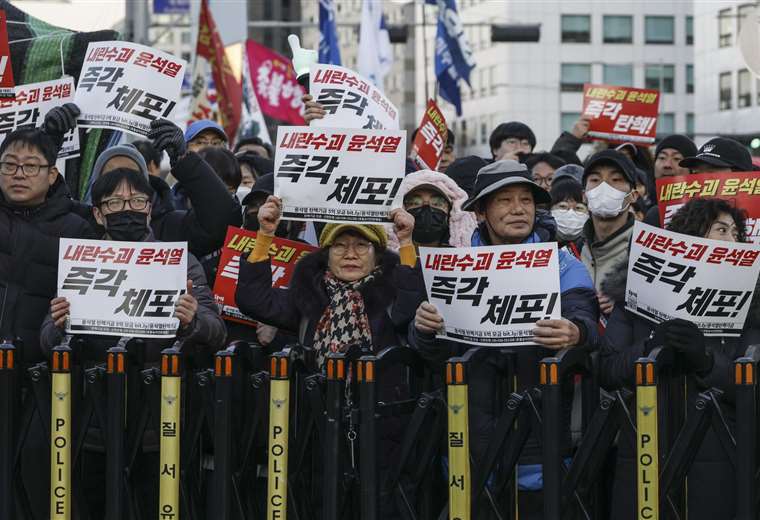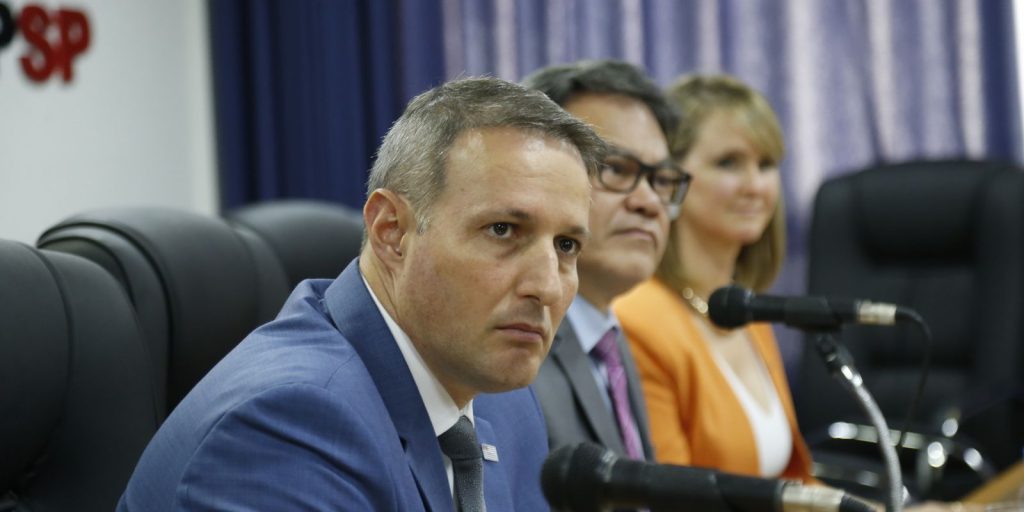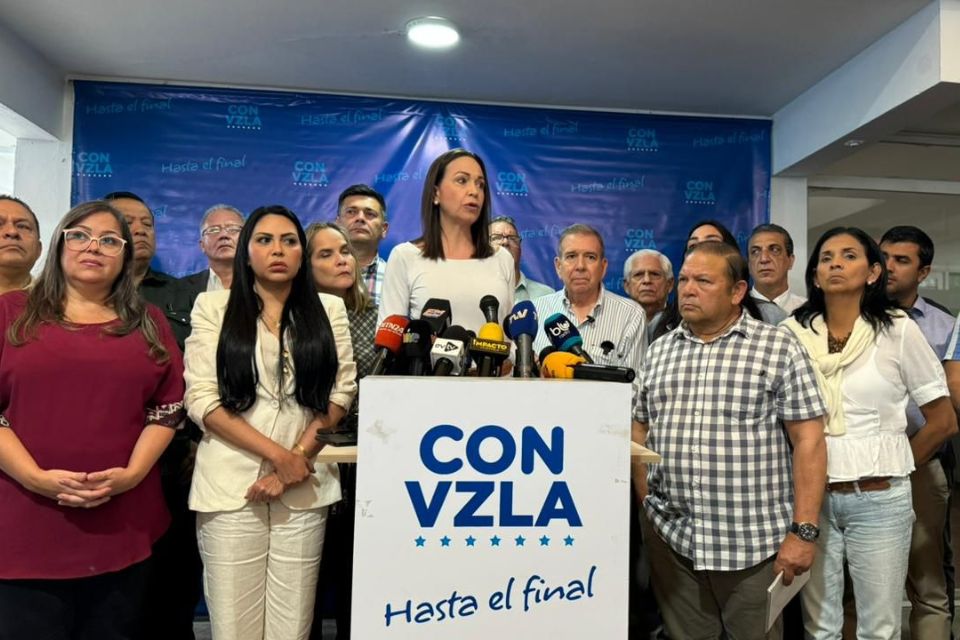December 6, 2024, 9:22 PM
December 6, 2024, 9:22 PM
The National Assembly of South Korea will vote this Saturday on the impeachment motion presented by the opposition bloc against President Yoon Suk-yeol after his declaration of martial law that shocked the country, and with the uncertainty surrounding this parliamentary initiative it will go ahead. .
The key to the vote will be the individual decisions of the deputies of Yoon’s People’s Power Party (PPP), which governs in a parliamentary minority. Although this force has criticized the president for resorting to this extreme measure without justification last Tuesday, the political line of supporting the president to remain in power has also been set.
Han Dong-hoon, the head of the party, called the day before for the “immediate suspension of President Yoon Suk-yeol from his duties with a view to protecting the Republic of Korea (official name of the country) and its people”, before maintaining a meeting with the president.
The PPP held an emergency meeting of all its parliamentarians late on Friday to decide the vote for this Saturday, and after which the party decided to maintain its position of trying to block Yoon’s impeachment motion.
However, the fact that only eight “rebel” votes from the PPP are necessary and that today’s vote is anonymous makes it possible for the motion to go ahead, taking into account that at least one deputy from the ruling party has already publicly expressed his intention to support Yoon’s dismissal.
For the parliamentary initiative to succeed, the support of two-thirds of the chamber is necessary, which means that the opposition bloc (which has a clear parliamentary majority with 192 seats) will need to have at least eight additional votes among the 108 with which it says the ruling People’s Power Party.
The main opposition party, the Democratic Party (PD), and the other five political forces presented a motion to remove Yoon last Wednesday, after the president unexpectedly decreed martial law on Tuesday night, accusing the opposition of ” “anti-state activities” and being “pro-North Korean forces.
The state of emergency was lifted after the opposition parties and some of the PPP itself voted in the National Assembly to revoke that measure just a few hours after it was decreed, and despite the attempts of the police and South Korean troops to block access to parliament and take control of the chamber.
If the motion goes ahead, Yoon would be disqualified and the head of State and Government would be assumed on an interim basis by the Prime Minister, Han Duck-soo, pending the Constitutional Court’s determination within a maximum period of 180 days whether Whether or not the president violated Magna Carta by declaring martial law.















